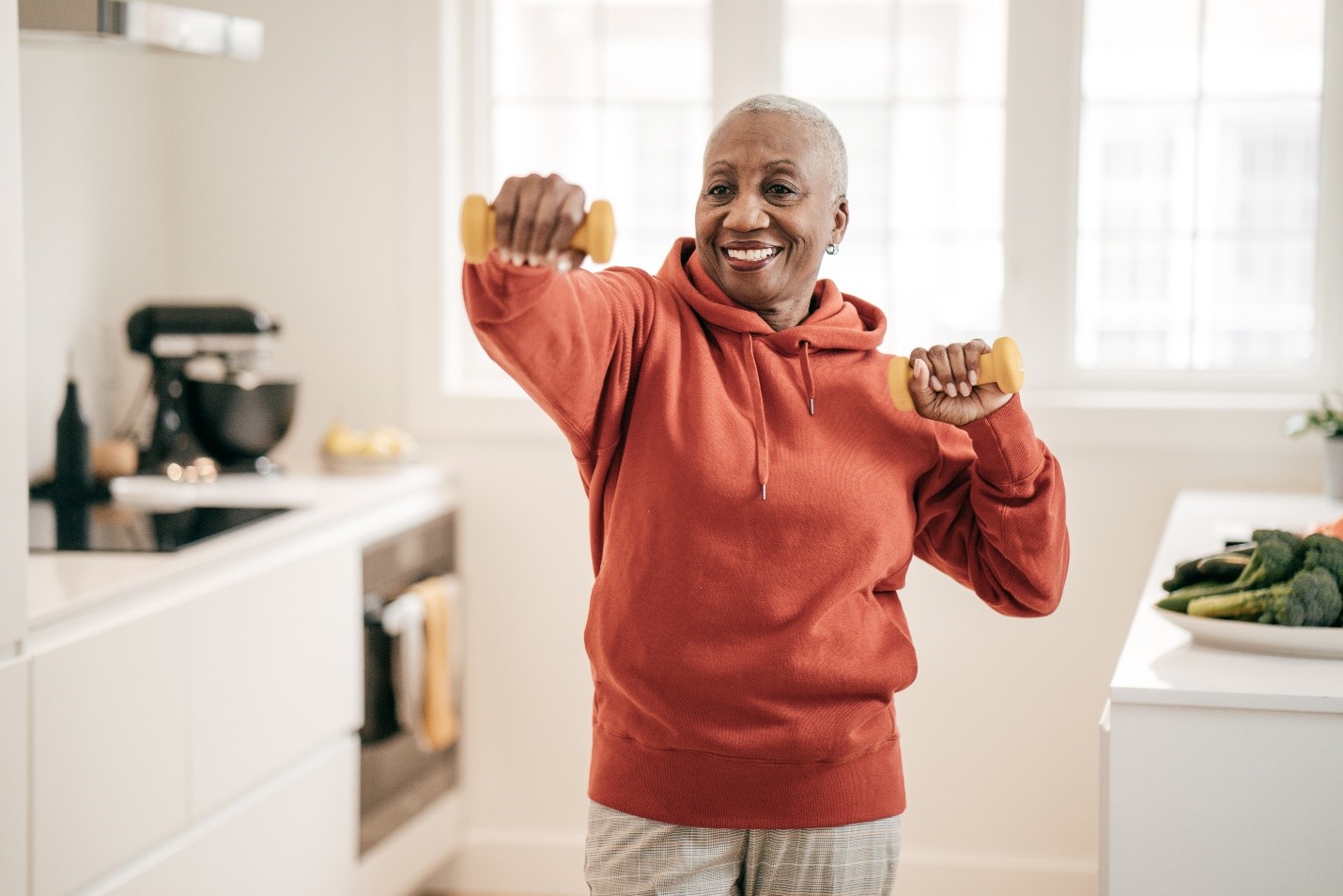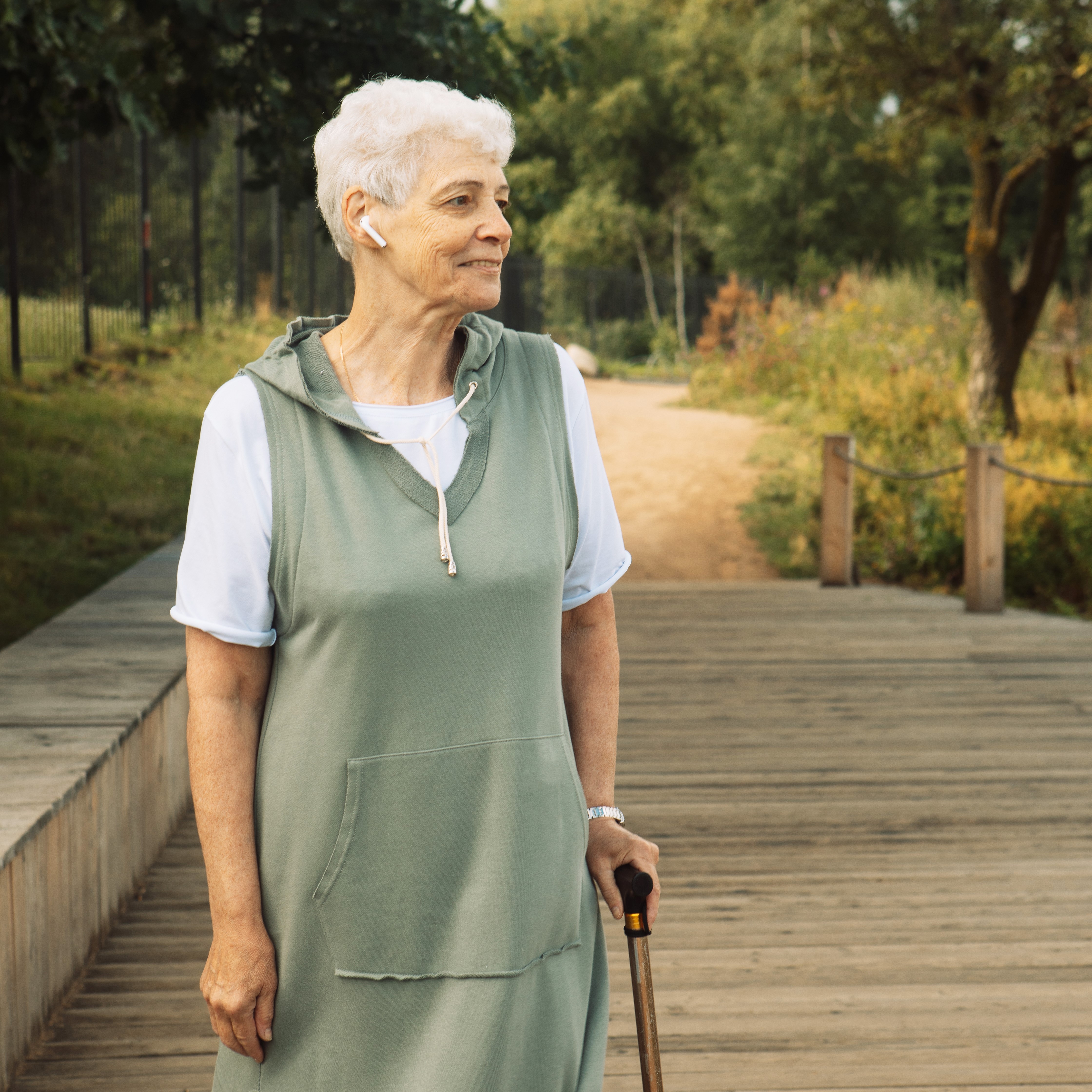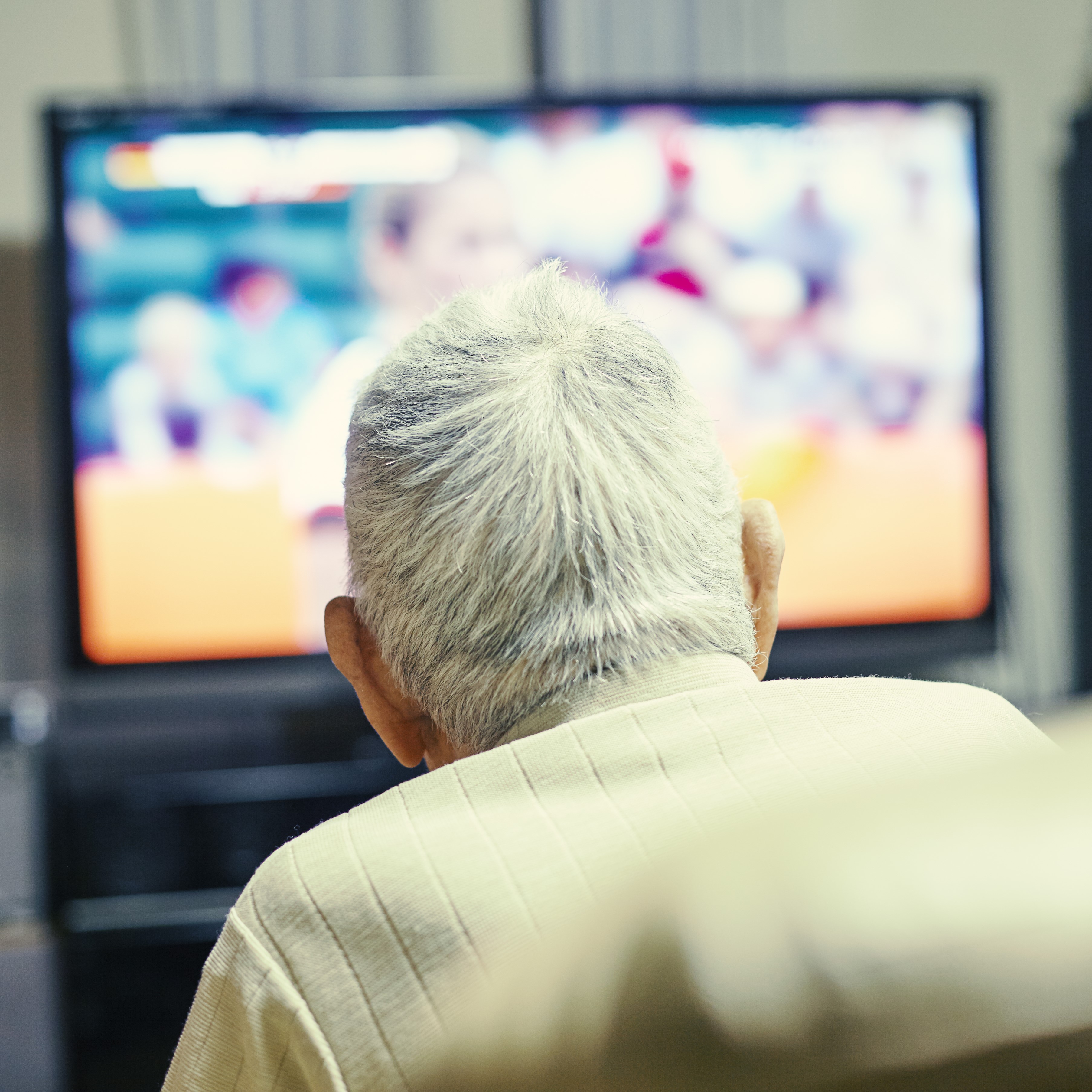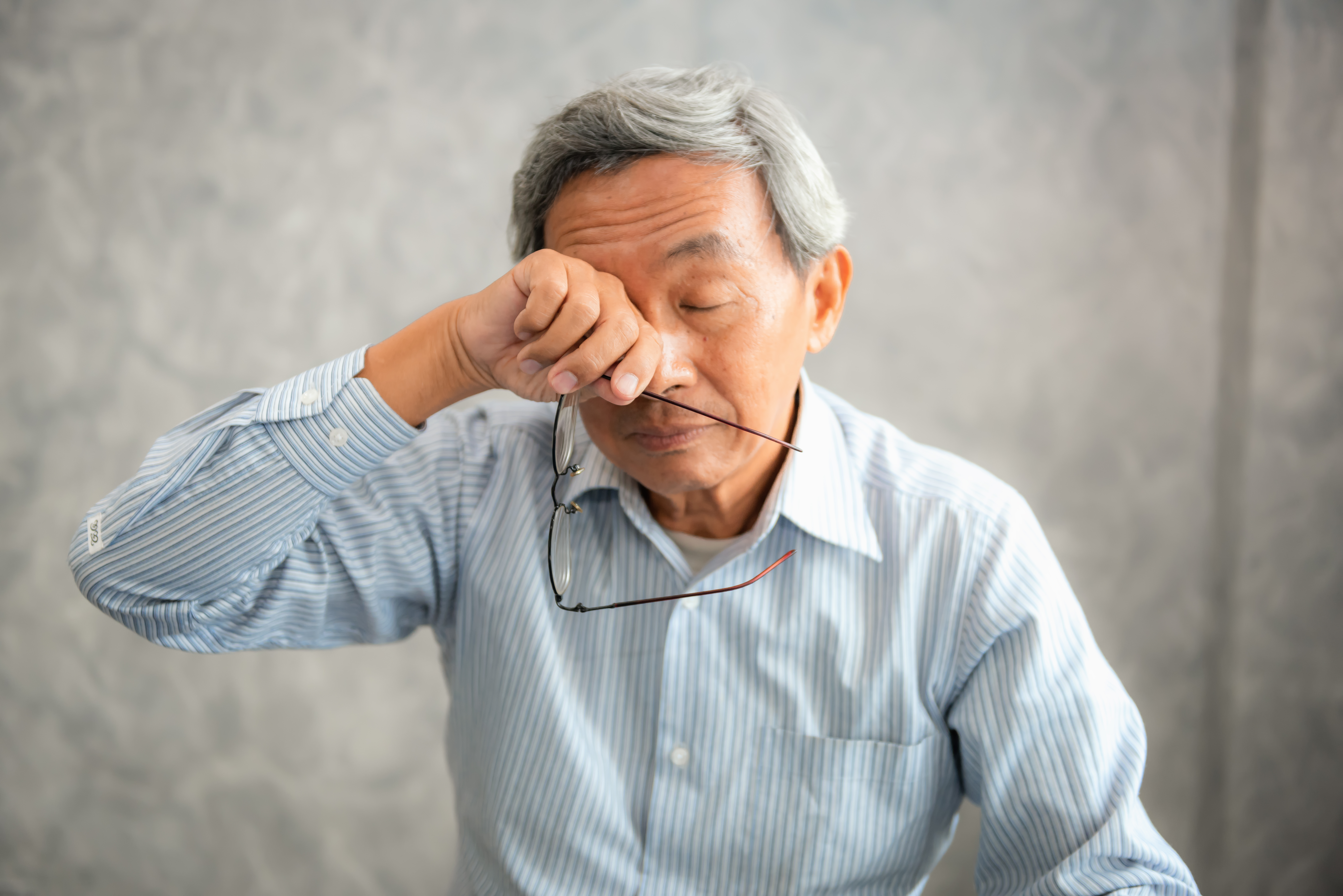Hearing loss is associated with poorer physical function and lower physical activity.
This association is potentially through factors such as reduced auditory awareness, cognition decline, and poorer social and mental health. Hearing intervention could potentially improve these factors for a positive effect on maintaining physical function and physical activity, and may represent a novel approach to preserving physical function and health in older adults.
In secondary analyses, ACHIEVE researchers characterize the effect of best-practice hearing intervention on physical function and physical activity outcomes over a 3-year period in 70–84-year-old adults with mild to moderate hearing loss and without substantial cognitive impairment.




